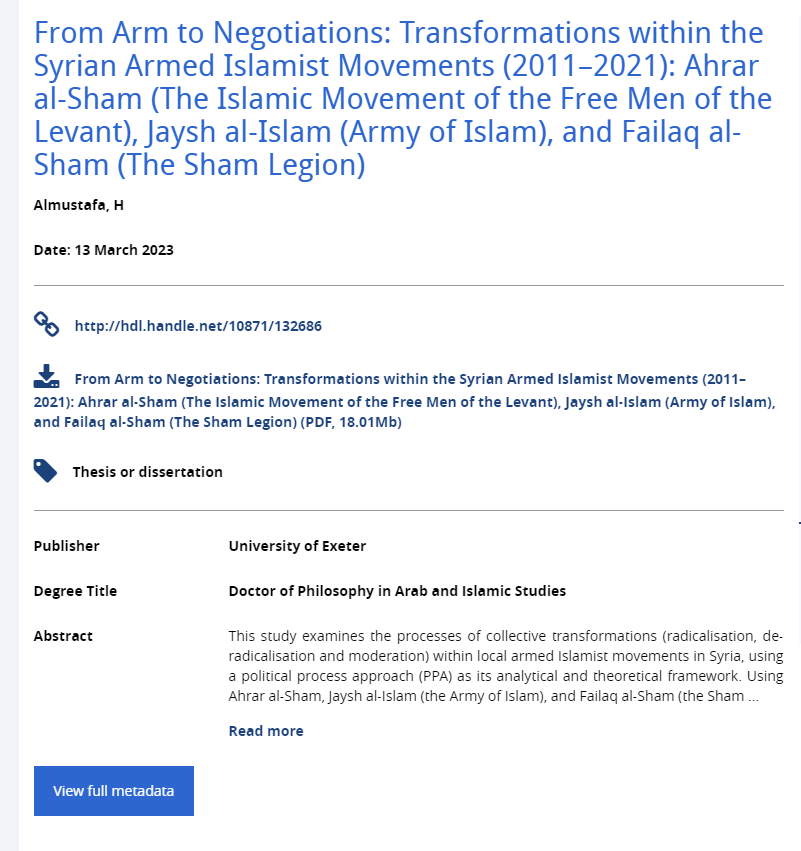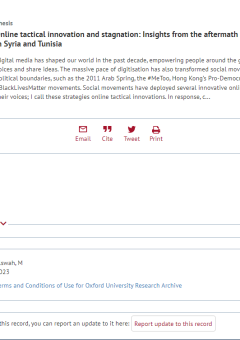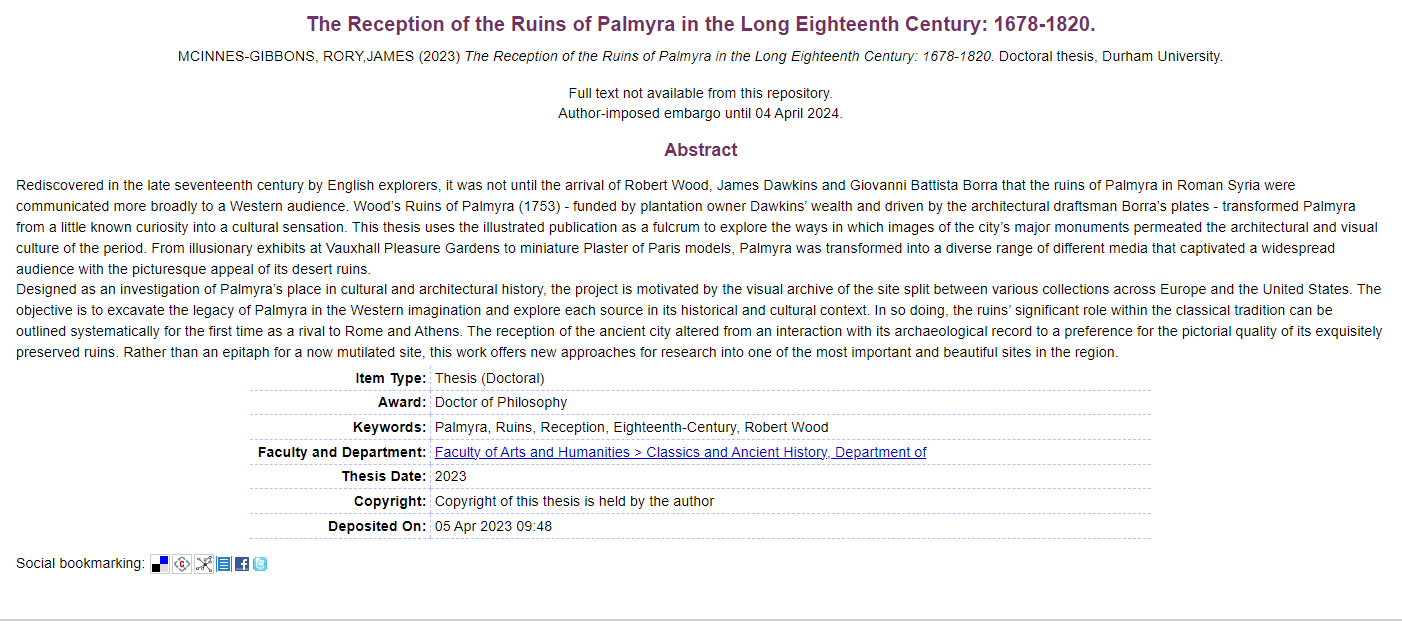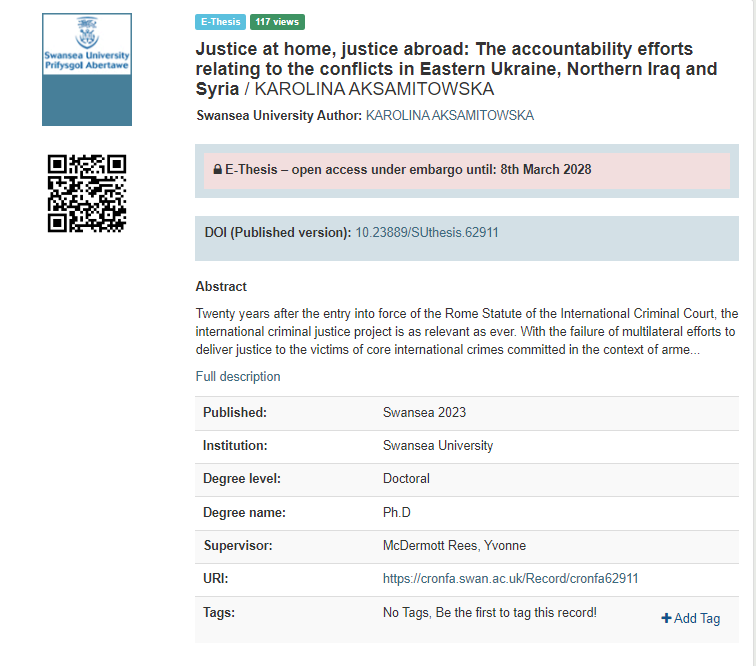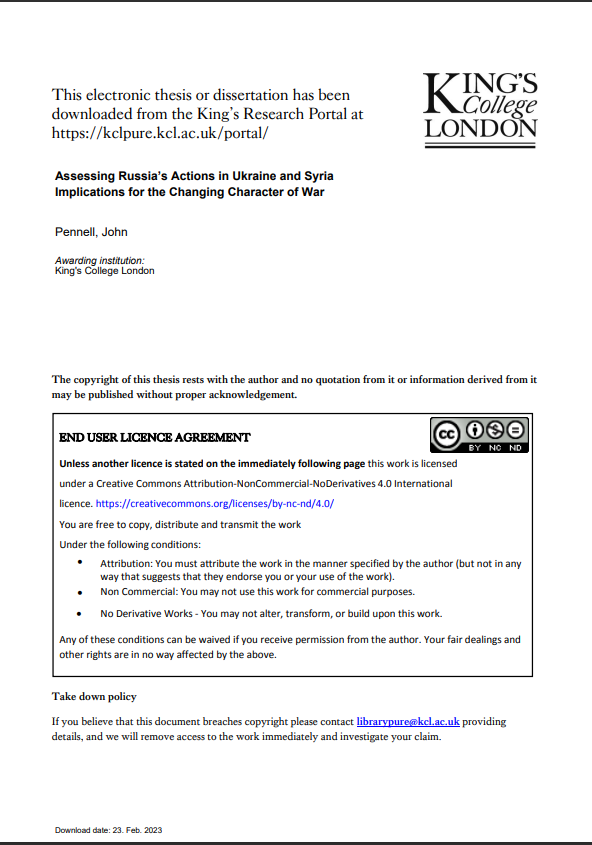Digital media has shaped our world in the past decade, empowering people around the globe to express their voices and share ideas. The massive pace of digitisation has also transformed social movements across geo-political boundaries, such as the 2011 Arab Spring, the #MeToo, Hong Kong’s Pro-Democracy, and #BlackLivesMatter movements. Social movements have deployed several innovative online tactics to express their voices; I call these strategies online tactical innovations. In response, counter-movements employed methods of digital repression to target and dismantle social movements. This chess-like game between movements and counter-movements comes with consequences. However, it is hard to find a consensus in social movement scholarship on the precise impact of repression on tactical innovations offline. Thus, the overarching question guiding my research asks: when do social movements innovate online? I zoom in on the Arab world by examining Syria and Tunisia to understand this action-reaction puzzle. In this thesis, I theorise and contextualise the conditions under which social movements innovate online tactics using a mixed-method approach. Hence, I interviewed 60 digital media experts, bloggers, and activists from Syria and Tunisia from 2019 to 2020. I selected these two case studies because both countries have experienced very different outcomes in their 2011 uprisings. Having generated the original theory of online tactical stagnation, I tested this theory quantitatively using an original dataset pulled out from Google Trends. I was able to conduct a cross-national panel study to examine the structural determinants of online tactical innovations in the Arab world. By analysing the Syrian and Tunisian cases, I demonstrate that the movements’ ability to introduce online tactical innovations depends on the magnitude of digital repression. On the one hand, I argue that movements adopt new online tactics to overcome digital repression only when digital repression is moderate and bearable. When digital repression is very low or extremely severe, movements are more likely to abandon their new online tactics, a process I refer to as online tactical stagnation. On the other hand, Internet users are more likely to keep employing online tactics on a daily basis despite the changing level of digital repression. My findings contribute to the larger field of social movement studies in the digital age. By providing a theoretical and practical framework for the study of online tactical innovations, my research advances our understanding of how and when movements employ digital media practices.
